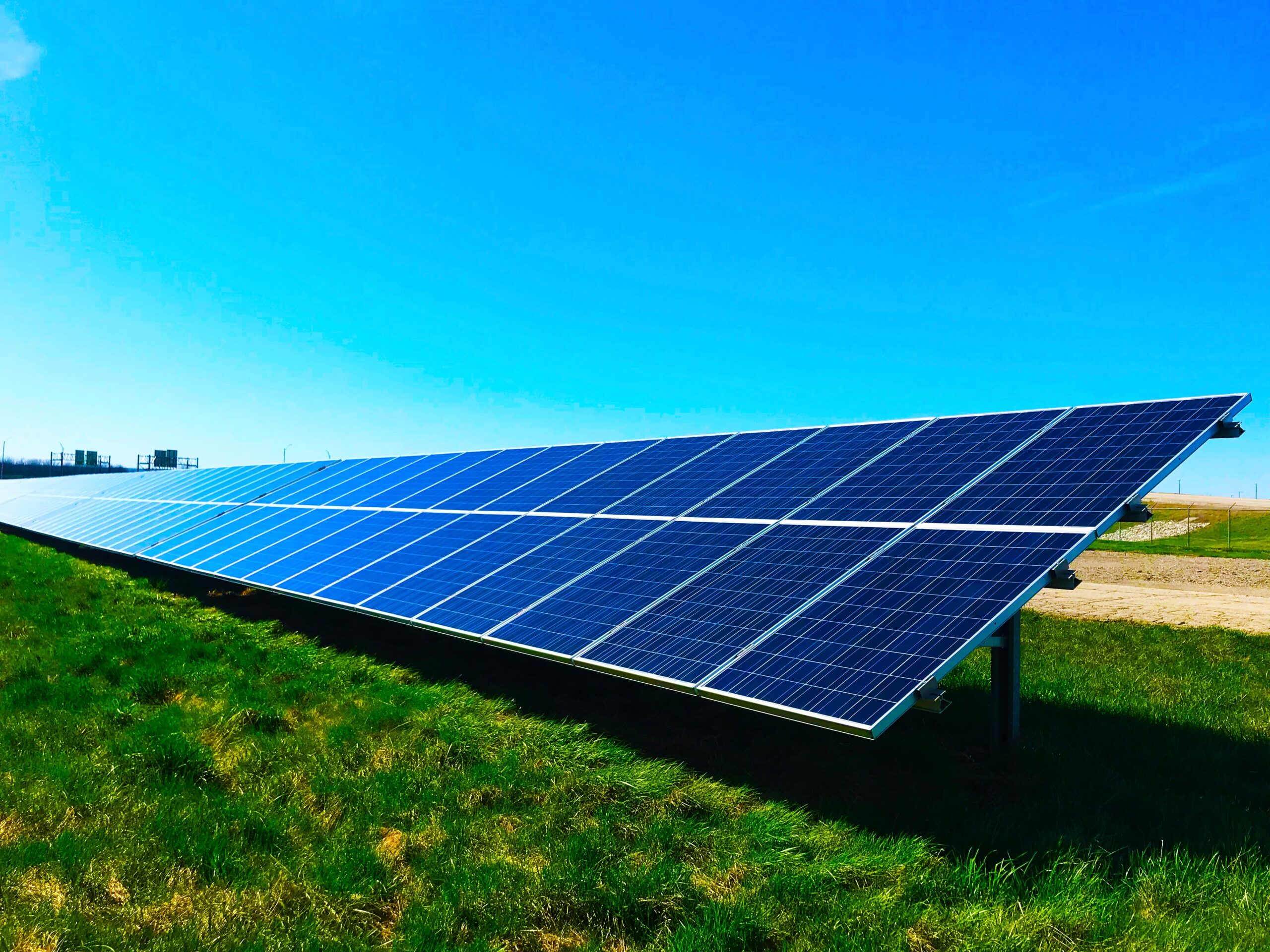Are you contemplating a transition to solar power for your residence or commercial establishment? If you are, you’re part of a growing trend. Solar panels have surged in popularity due to their positive impact on the environment and the substantial financial advantages they offer over the long run.
Here, we will discuss a few key points.
- The Cost of Solar Panels:
Let’s start with the all-important question: How much do solar panels cost? The answer can vary widely depending on various factors.
- Type of Panel: Solar panels come in different styles, such as monocrystalline, polycrystalline, and thin-film. Monocrystalline panels, known for their high efficiency, are more expensive than polycrystalline or thin-film options.
- System Size: The size of your solar installation will significantly affect the cost. A more extensive system will produce more electricity and have a higher price tag.
- Location: Solar panel pricing in Rhode Island is vital in determining the cost of solar panels. Sunnier regions are more suitable for solar energy, leading to lower costs, while those in cloudier areas might require more panels to achieve the same output.
- Incentives and Rebates: Government incentives, tax credits, and rebates can significantly reduce the upfront cost of installing solar panels. Do your homework on the incentives that are offered in your area.
- Installer Charges: The installation and labor costs can vary between different companies. To discover the best deal, getting numerous quotations is imperative.
- Quality Matters: While cost is a significant factor, the quality of solar panels is equally crucial. Quality influences the performance and longevity of your solar system.
- Efficiency: High-quality solar panels are more efficient at converting sunlight into electricity. This means you’ll need fewer panels to generate the same amount of power, saving you space and money.
- Durability: Solar panels are exposed to the elements year-round. Quality panels are designed to withstand environmental factors like rain, wind, and temperature fluctuations, ensuring a longer lifespan.
- Warranty: A robust security is an indicator of panel quality. Most reputable manufacturers offer warranties ranging from 10 to 25 years, providing peace of mind that your investment is protected.
- Brand Reputation: Choosing a well-established and respected solar panel manufacturer can ensure that you receive a reliable product. Companies with a good track record are more likely to deliver quality panels.
- Certifications: Look for panels that meet industry standards and certifications, such as the International Electro-Technical Commission (IEC) and the Underwriters Laboratories (UL). These certifications ensure the boards are tested and meet safety and performance criteria.
- The Balance between Cost and Quality: Balancing the cost and quality of solar panels is crucial for wise investments. While cutting corners and opting for the cheapest panels available is tempting, doing so might lead to lower efficiency, increased maintenance costs, and a shorter lifespan.
Conclusion
In conclusion, solar panel’s cost and quality are interlinked aspects that require careful consideration when switching to solar energy. By choosing a balance between affordability and quality, you can ensure that your investment pays off in terms of savings and benefits the environment in the long run. Transitioning to solar energy is a significant step towards a more sustainable future, and the right choice of panels can make all the difference.
